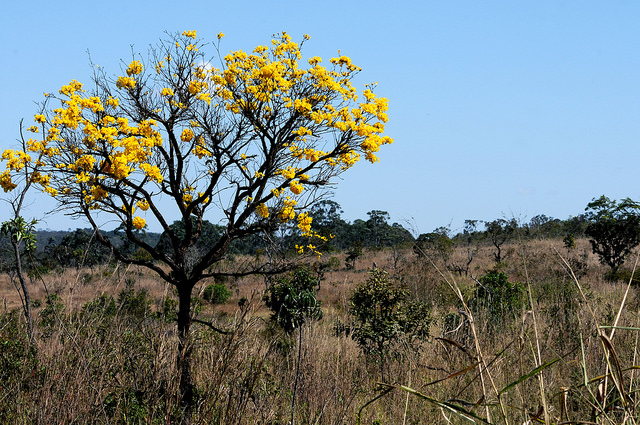Croatia is a country on the European continent, its territory is located in the Balkans, bordered by the Adriatic Sea, and limited by Serbia, Slovenia, Hungary and Bosnia-Herzegovina.
After the fragmentation of Yugoslavia into several nations, Croatia, through a referendum on June 25, 1991, gained its independence after years of clashes with the Serbs. These clashes took place in areas occupied by Serb-Croats and in millenary cities such as Dubrovnik, declared a World Heritage Site.
Croatia is currently the most prosperous republic in the former Yugoslavia.
The Croatian economy is driven by the service and industrial sectors. Tourism has boosted the country's economy, which has 1,135 islands in its territory and a coastline of 5,789 kilometers. Other attractive factors are the typical cuisine, the Greek and Roman ruins and the Palace of Diocletian, built at the end of the 3rd century to be the retreat of the Roman emperor.

Croatian coat of arms
Do not stop now... There's more after the advertising ;)
Croatia data:
Territorial extension: 56,538 km².
Location: Europe.
Capital: Zagreb.
Climate: Temperate continental.
Government: Republic with mixed form of government.
President: Stjepan Mesic
Administrative Division: 21 counties.
Language: Croatian.
Religion: Christianity 95.2% (Catholics 88.5%, others 6.8%), others 2.4%, no religion and atheism 2.4%.
Population: 4,416,166 inhabitants. (Men: 2,127,594; Women: 2,288,572).
Ethnic Composition: 78.5% Croatians, 12.5% Serbs, Hungarians, Slovenes, Yugoslavs and other 9%.
Demographic density: 81 inhab/km².
Average annual population growth rate: 0.2%.
Population residing in urban areas: 57.46%.
Population residing in rural areas: 42.54%.
Undernourished population: 4.5%.
Life expectancy at birth: 75.5 years.
Households with access to clean water: 99%.
Households with access to a health network: 99%.
Human Development Index (HDI): 0.767 (high).
Currency: Kuna.
Gross Domestic Product (GDP): US$51,277 million.
GDP per capita: 11.256 of US$.
External relations: World Bank, IMF, WTO, UN, EU accession process.
By Wagner de Cerqueira and Francisco
Graduated in Geography
Brazil School Team
Countries of the world - geography - Brazil School
Would you like to reference this text in a school or academic work? Look:
FRANCISCO, Wagner de Cerqueira e. "Croatia"; Brazil School. Available in: https://brasilescola.uol.com.br/geografia/croacia.htm. Accessed on June 27, 2021.

